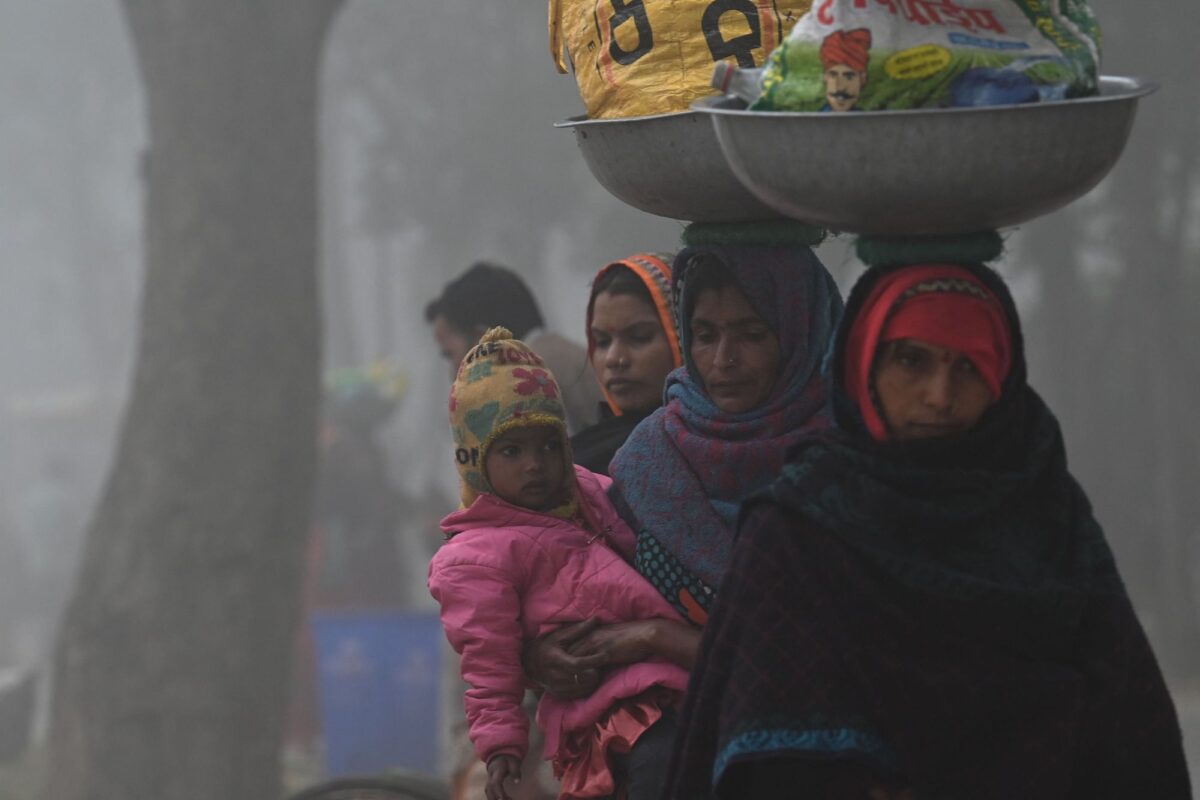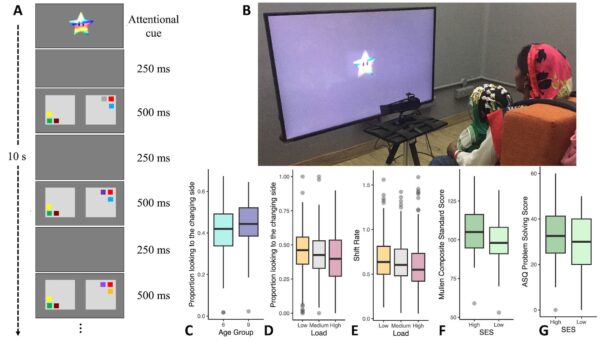


New research by British scientists has found an association between poor air quality and impaired cognitive ability in children in India in their first two years of life.
The findings suggests that poor air quality may have a negative impact on infants’ visual cognition during the first two years of their lives.
The study, conducted by a team of researchers from the University of East Anglia, Durham University, Brown University, and the Community Empowerment Lab in India, investigated the relationship between in-home air quality and cognitive development in rural Indian families.
It focused on measuring particulate matter with a diameter of less than 2.5 μm (PM2.5), a type of air pollution commonly produced by burning solid fuels such as cow dung and wood.
The research found impaired visual cognition associated with households burning these materials due to poorer air quality. The study measured these cooking materials against homes cooking with gas.
“Therefore, efforts to reduce cooking emissions in homes should be a primary target for intervention,” said the study’s lead author, Prof. John P Spencer from the University of East Anglia, in a statement.
Spencer said that while previous studies have examined the relationship between cognitive deficits in children and air quality, this study is the first to investigate this link in the first year of life when brain growth is at its peak.
“Tiny particulate matter in the air is a major concern, as it can travel from the respiratory tract into the brain,” Spencer said.
“Until now, studies hadn’t established a link between poor air quality and cognitive problems in infants, when brain growth is most rapid and the brain may be especially vulnerable to toxins. Our study is the first to demonstrate this connection.”
Researchers used air quality monitors in households to measure emission levels and air quality. Infants from homes with poorer air quality demonstrated lower visual working memory scores at six and nine months of age and slower visual processing speeds from six to 21 months of age, even when controlling for family socio-economic status.
The researchers argue that their findings highlight the importance of reducing cooking emissions in homes as a key target for intervention.
The study used a visual cognition task to assess infants’ visual working memory and processing speed.
The task involved presenting infants with two displays, one with no change and the other with a randomly-selected square changing color after each blink.
Infants were expected to lose interest in the no-change side and visually explore the changing side, showing a high change preference if they could remember the colors in working memory. The change preference score was used as a measure of visual working memory abilities, which was modulated by the number of items on the screen.
“This task takes advantage of infants’ tendency to look away from something visually familiar and toward something new. We were interested in whether infants could detect the changing side and how well they performed as we increased the task’s difficulty by including more squares on each display,” Spencer said.
The study used a sample of 215 families from various socio-economic backgrounds in rural India. It measured infants’ cognition longitudinally at six, nine, 18, and 21 months of age.
This task had been used in prior studies but this was the first study to use it longitudinally with non-western infants. The researchers hoped to replicate a similar cognitive transition seen in previous studies or reveal a delay in the transition across cultures.
India recently extended a nationwide program, “Ujjwala Yojana,” supplying LPG fuel to over 95 million women below the poverty line, Indian Express reported. The program allows for 12 free refills of gas bottles. The program was reportedly halted prior to the COVID-19 pandemic and restarted when prices began to rise during the Russia-Ukraine conflict.

